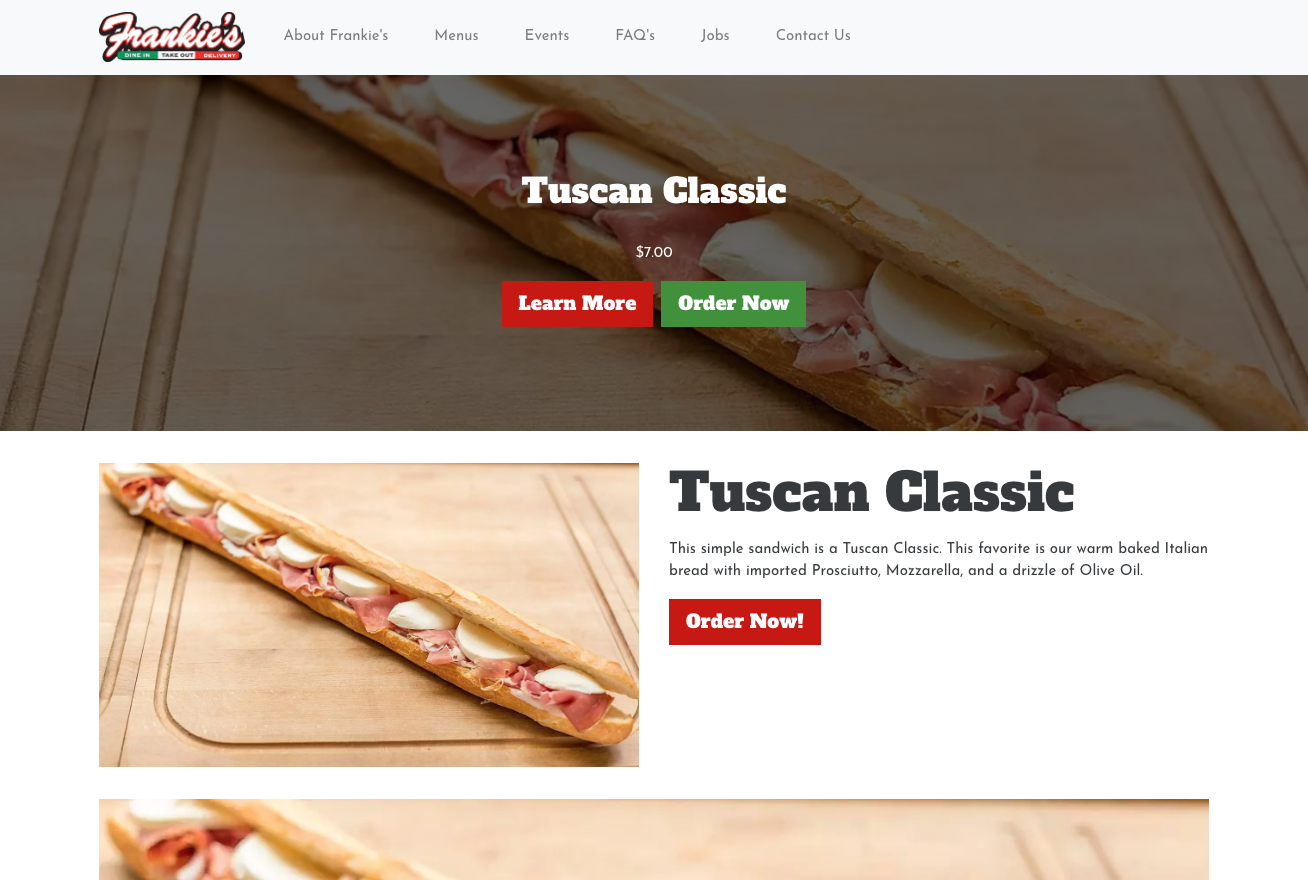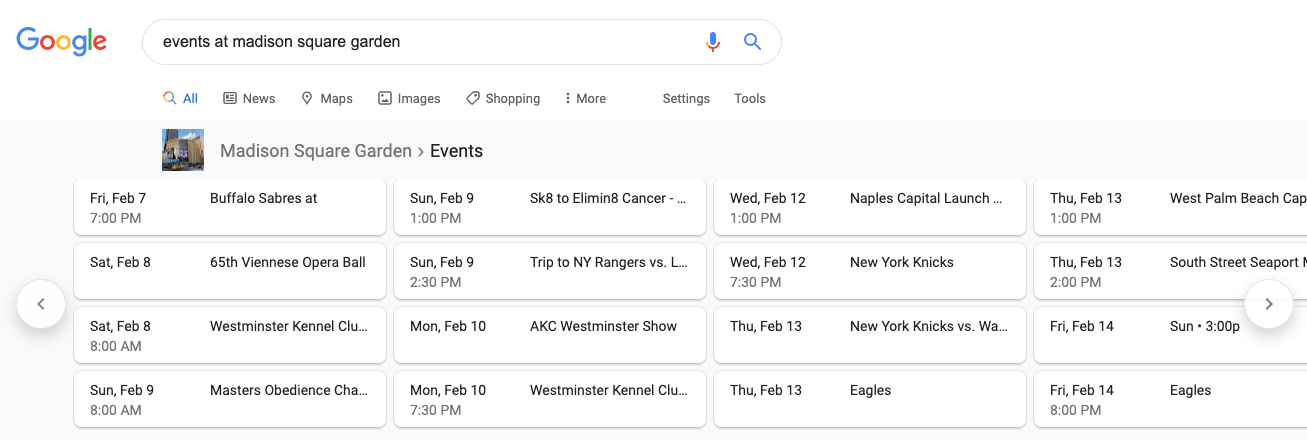Key Terms for Understanding SEO and Landing Pages | Yext Hitchhikers Platform
What You’ll Learn
In this section, you will learn:
- Basic SEO terminology
- Key terms that will be referenced throughout this track
- What a landing page is
Introduction to Why Landing Pages are Important
As consumers continue to ask more complex questions it is critical to optimize your brand to become more discoverable, answer the questions consumers ask, and drive a seamless customer journey. Enhancing your website with landing pages should be a key part of your strategy to capture your customers at their moments of highest intent.
In this unit we will review key SEO and landing page-centric terms which we will refer to throughout the remainder of the Pages track.
Key Landing Page Terms
Search Engine Optimization (SEO) - Search engine optimization is the process of increasing the quality and quantity of website traffic by increasing the visibility of a website or a web page to users of a web search engine.
Landing Page - A landing page is a web page built to capture specific intent in search. This can be a location, product, service, event, job, and more.

Schema.org Markup - Schema.org is a joint effort (through collaboration of the search engines), to improve the web by creating a structured data markup schema. Web developers can use this universal vocabulary by embedding it in the HTML of a page to communicate to search engines universally. On-page markup helps search engines understand the information on web pages and provide richer search results.
Content Management System (CMS) - A Content Management System is an application used for web development that allows content creators to produce, edit, and publish text or images to a website. A traditional CMS includes a backend and front end display, and a headless CMS only includes the backend structure, not visual display.
Featured Snippet - Featured Snippets are Google search results with additional data displayed. This extra data is usually pulled from Structured Data found in a page’s HTML. Common Rich Snippet types include reviews, recipes and events.

True or False: SEO is the process of increasing the quality and quantity of website traffic by increasing the visibility of a website or a web page to users of a web search engine.
Featured Snippets are:
True or False: Landing pages can be helpful for matching intent in search.
Way to go, you passed! 🏁

